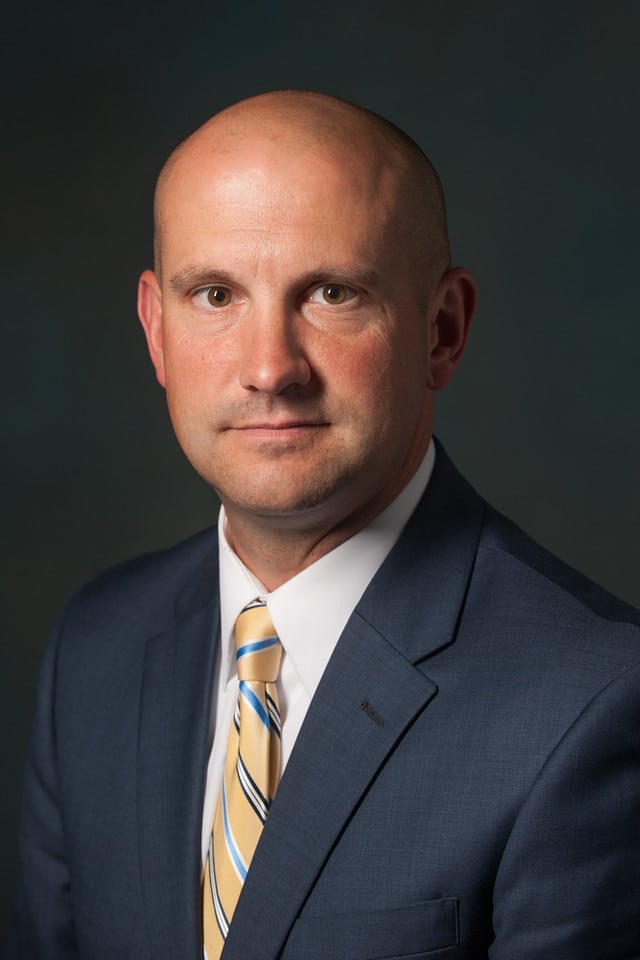WESTFIELD – The Finance Committee is slated to discuss a sewer rate increase tonight prior to the regular City Council session, but little action is anticipated because of a motion, made at the Aug. 20 meeting, to give the Board of Public Works the authority to set sewer rates.
Finance Chairman Brent B. Bean II said this morning that a rate increase “is warranted, but I don’t think we’ll be taking action on this tonight because the motion transferring responsibility to the BPW or Water Commission is now in the Legislative & Ordinance Committee.”
“We have people all over the city who have been waiting for years to get sewers but we haven’t been able to do that because we need the money to fund extending the system,” Bean said.
“I think moving the rate authority to a board will take the politics out of that process and will improve the revenue stream for that department,” Bean said.
Ward 5 Councilor Robert A. Paul, Sr., sponsored the motion requesting the Law Department to investigate “whether the ordinance giving authority to the City Council for setting the sewer rate should or can be moved,” and if so to prepare an ordinance amendment.
The motion was also sent to the council’s Legislative & Ordinance Committee.
Bean, at the Aug. 20 session, said that the board and departments deals with rate and revenue issues on a day-to-day basis.
“I think it’s a smart move and that our sewer system will be healthier for it,” Bean said in August. “We haven’t had a sewer rate increase in years, then we see huge jumps, which is not fair to people either, to see those big increases.”
Paul, speaking at the Aug. 20 City Council meeting, said that many residents cannot afford the cost of extending sewer service under the current betterment process in which residents pay the full cost of sewer line extension over a period of time, usually 20 years.
The city bonds for the work and residents pay a betterment fee to retire the bond.
Paul is proposing a new betterment process in which the city would “waive” betterment fees if residents agree to connect to the sewer line within one year of it being put on line.
Paul has argued that the city should be more aggressive in expanding the sewer lines throughout the city because the Planning Board has, for decades, required subdivision developers to install dry sewer lines, the cost of which is added to the price of the lots in that subdivision. Dry sewer lines are not connected to the city’s sewer infrastructure or to homes built in that subdivision.
The developers also install septic systems for homes built in that subdivision, so people buying property in that subdivision are paying for both a functioning septic system and nonfunctioning sewer lines.
Even when those dry sewer lines are connected to the city sewer, many residents do not connect their homes until their septic system fails. The Health Department requires homeowners to connect to the active sewer line.
Paul said that each subdivision, or project, should be added to the list of active sewer projects when 51 percent of residents sign a petition. Paul has proposed that once 51 percent of residents sign the petition it would trigger a memorandum of agreement (MOA), a legal document prepared by the Law Department and attached to the deed of that property.


